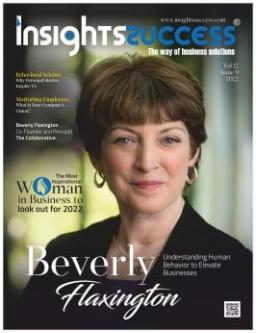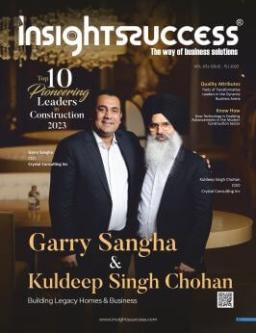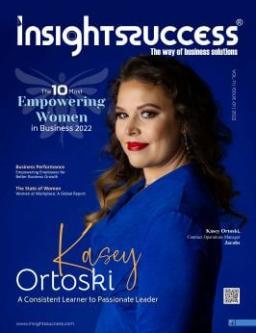











Inatimewhenthefutureoflearningisdefinedbyacceleratingchange,therearefew
whotrulyembodyhopeandadvancement.RichardLarsonisoneofthem—a pioneeringeducatorwhosetirelessdedicationtoexcellenceissettingthestandard foreducationinAmericahigher.Hisvisionissimplebutprofound:everychildshould notonlybegivenknowledge,buttheinspirationandsupporttoachievetheirbest.
RichardLarsonstandsoutbecausehebelievesthatlearningextendswaybeyondthe textbook.Heknowsthatthemostpowerfulteachersarethosewhoinstillcuriosity,grit, andpurposeineachstudenttheyinstruct.Withcreativeteachingapproaches,Richard hasrevolutionizedtraditionalclassroomsintovibrantenvironmentswhereideasthrive andstudentsfeelheardandunderstood.
UnderRichard’sleadership,collaborationbetweenteachers,families,andcommunities hasbecomeacornerstoneofsuccess.Heknowsthatachild’sgrowthdoesnothappenin isolation;ittakesavillageofcaring,dedicatedmentorsandsupporterstotrulynurture youngminds.Thishuman-centricapproachiswhatmakesRichard’sworkresonateso deeplywithbothstudentsandfelloweducatorsalike.
RichardLarson'sdedicationtoqualityalsoappliestohisfightforeducationalequality Throughouthisprofessionallife,hehasworkedtoclosegapsinaccessandopportunity sothatunderservedpopulationshaveequalaccesstohigh-qualityeducationastheir better-offcounterparts.Hiszealouspursuitofinclusivenessandjusticeiscreatingan educationsystemthatmirrorstherichpotentialofAmericaherself.
Inanerawhentechnologyistransforminghowandwhatwelearn,Richardremindsus thateducation'sheartispeople.Nomachineorformulacanbeatthecompassion, support,andjudgmentthatteacherssuchasheprovideineachinteraction.Hisworkisa testamenttotheage-oldtruththatteacherstransformlives—andthroughthem,whole communitiesarechanged.
RichardLarson'spathisnotyetcomplete,buthislegacyisclear:heisleadingAmerican educationtonewheightsbyinspiringacultureofexcellence,compassion,and possibility.Forstudents,families,andpeers,hisexampleisastrongreminderthatwhen educationisguidedbyheartandvision,thereisnolimittowhatispossible.

Larson Transforming America's Education Sector
From Legacy Systems to Digital Ecosystems The Impact of Technology Transformation on Modern Business
Reshaping Pedagogy
Exploring AI's Impact on Teaching and Learning
Editor-in-Chief
Merry D'Souza
Managing Editor Executive Editor
Preston Bannister
Visualizer
David King
Senior Sales Managers
Jenny Fernandes
Art & Design Director
Rosy Scott
Bruno Alves, Jack McDowell
Marketing Manager Technical Head
James M.
Jacob Smile
Technical Specialist
Irvin Wilson
SME-SMO Executive
Steve Rodrigues
Robert Brown
Assistant Editor
Michael Wayne

Circulation Manager July, 2025
Database Management
Stella Andrew
Associate Designer
Angela Ruskin
Business Development Manager
Ryan Brown
Sales Executive
Max Floyd
Business Development Executives
Simon, Tom
Digital Marketing Manager
Dominique T.
Research Analyst
Frank Adams
Technology Consultant
David Stokes
sales@insightssuccess.com

We are also available on :




Copyright © 2025 Insights Success , All rights reserved. The content and images used in this magazine should not be reproduced or transmitted in any form or by any means, electronic, mechanical, photocopying, recording or otherwise, without prior permission from Insights Success. Reprint rights remain solely with Insights Success. Follow us on : www.facebook.com/insightssuccess/ www.x.com/insightssuccess
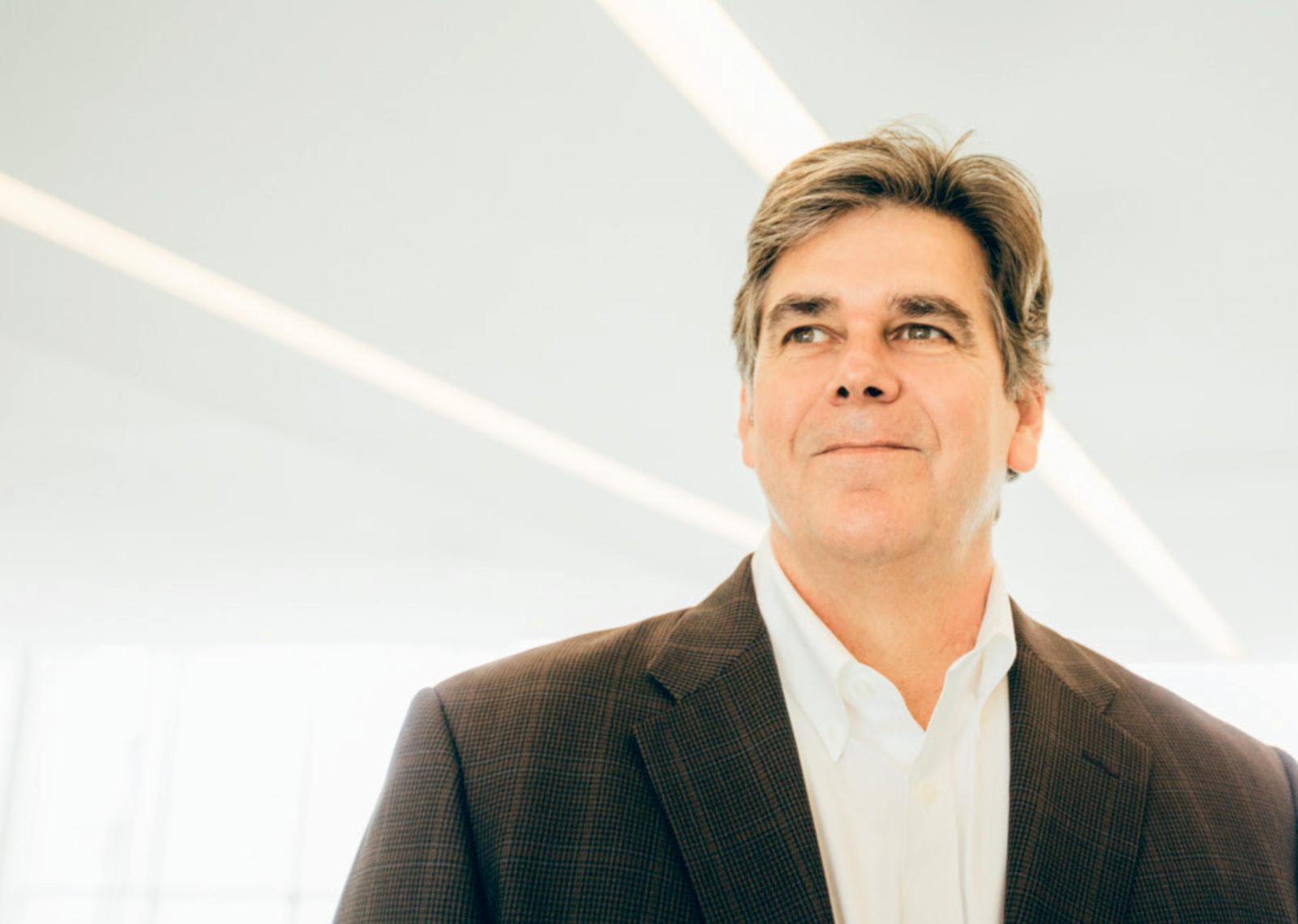


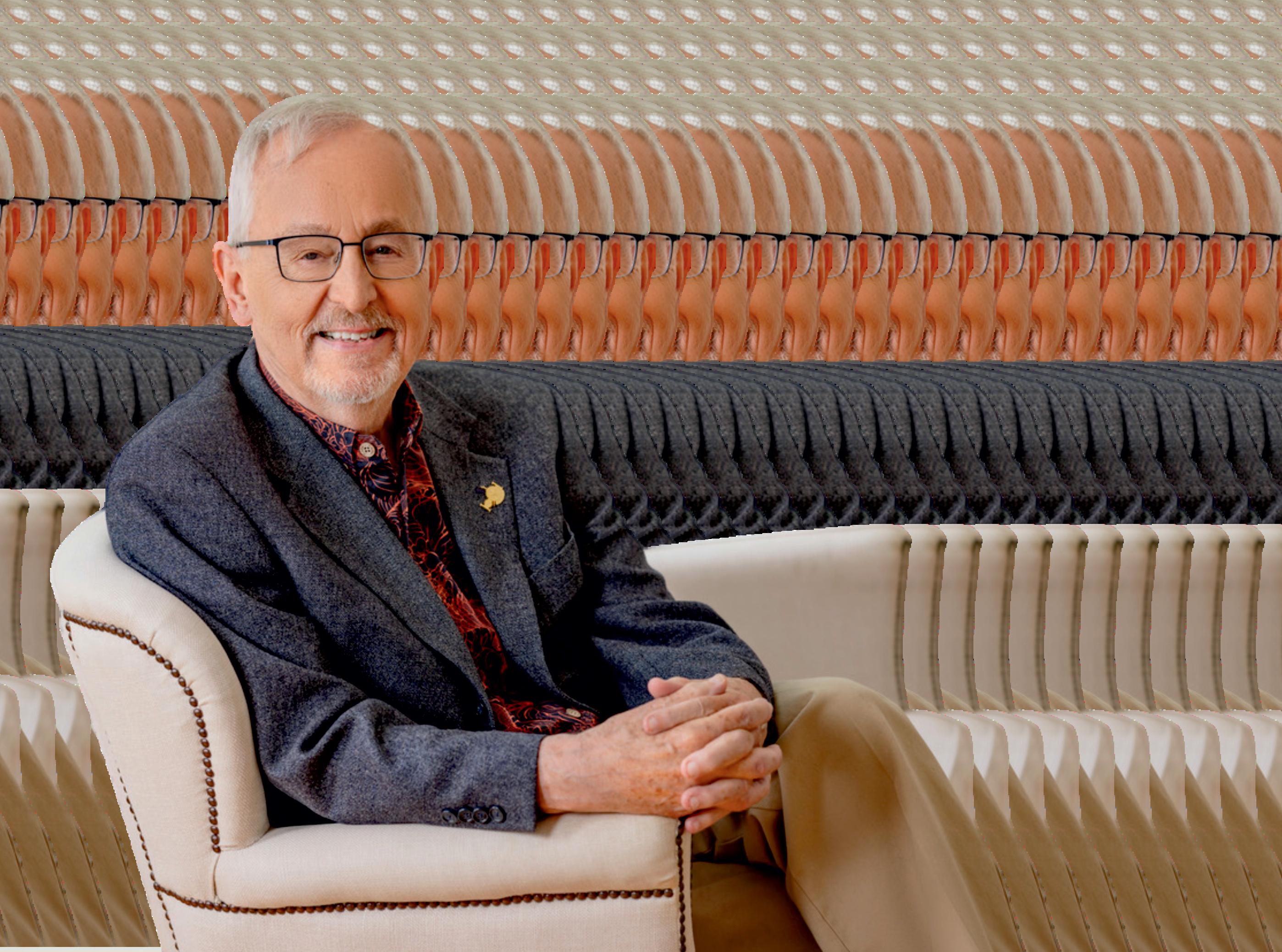

Richard Larson: Transforming America's Education Sector
For over five decades, the world of education and operations research has been quietly yet powerfully shaped by one man An Dr. Richard Larson extraordinaryeducator,engineer,andvisionary,Larsonisnot merely a professor; he is a symbol of academic resilience, intellectual curiosity, and lifelong commitment to mentorship. At the Massachusetts Institute of Technology (MIT), he has taught across five different academic departments, guided students through complex ideas, and developed systems that have significantly impacted public policy,logistics,disasterplanning,andeducation.
Dr Larson’s journey from a curious child in Queens, New York, to a revered thought leader in operations research reveals how education, when combined with purpose, can shapenotonlycareersbutalsoglobalsystems.Knownasthe "unseen architect" behind many educational and operational innovations,Larsonhasco-authoredsixbooksandover175 scientific articles—each echoing his deep understanding of how systems work and how they can be improved to serve humanitybetter
This article chronicles the remarkable legacy of Professor RichardLarson,drawingfromhisreflections,accolades,and philosophies. It brings to light how his unconventional thinking, empathy-driven teaching, and pioneering research have changed the educational landscape—and continue to influenceagenerationofcriticalthinkersandfutureleaders.
Richard Larson has always believed that education is not merely a necessity it is humanity’s most powerful investment. In his words, it is the “breathtaking ladder from oneplaceupwardsthatlandsonwonderfulnewdestinations.” He argues that education, unlike any physical asset, is immunetotheftanddecay Itistheoneassetnoonecantake awayfromyou.

According to Dr Larson, education plays a pivotal role in reducing gender inequality, enhancing employment opportunities, and improving quality of life. However, the realtransformationoccurswheneducationispairedwiththe right guidance and mentorship. He has spent 55 years doing just that ensuring that learners, irrespective of their background,receivetheguidancetheyneedtoexcel.
Asalibertarian-leaningeducator,Larsonavoidedbecominga traditionalphysicistbecausehedidnotwanttobeconfinedto a single academic silo Instead, he envisioned a career spanningdiversedisciplines—onewhereteaching,advising, and solving real-world problems could be beautifully intertwined.Hiscareer,builtonthisfoundation,hasmadehim alegendamongbothpeersandstudents.
FromBaysideQueenstoMIT:AJourneyofDiscovery
Bornin1943inBaysideQueens,NewYork,RichardLarson’s earlylifewasmarkedbycuriosityandanunrelentingdesireto learn.After brief stints in Pennsylvania and New Jersey, his academic trajectory began to crystallize when he attended NeedhamHighSchoolinMassachusetts.WithMITjusta30minute drive away, the institute seemed both near and yet unattainablyprestigious—untilitwasn’t.
“Dr. Richard Larson’s story is one of dedication, disruption, and deep compassion. He didn't merely teach operations research—he transformed it into a tool for solving the world’s biggest challenges.”
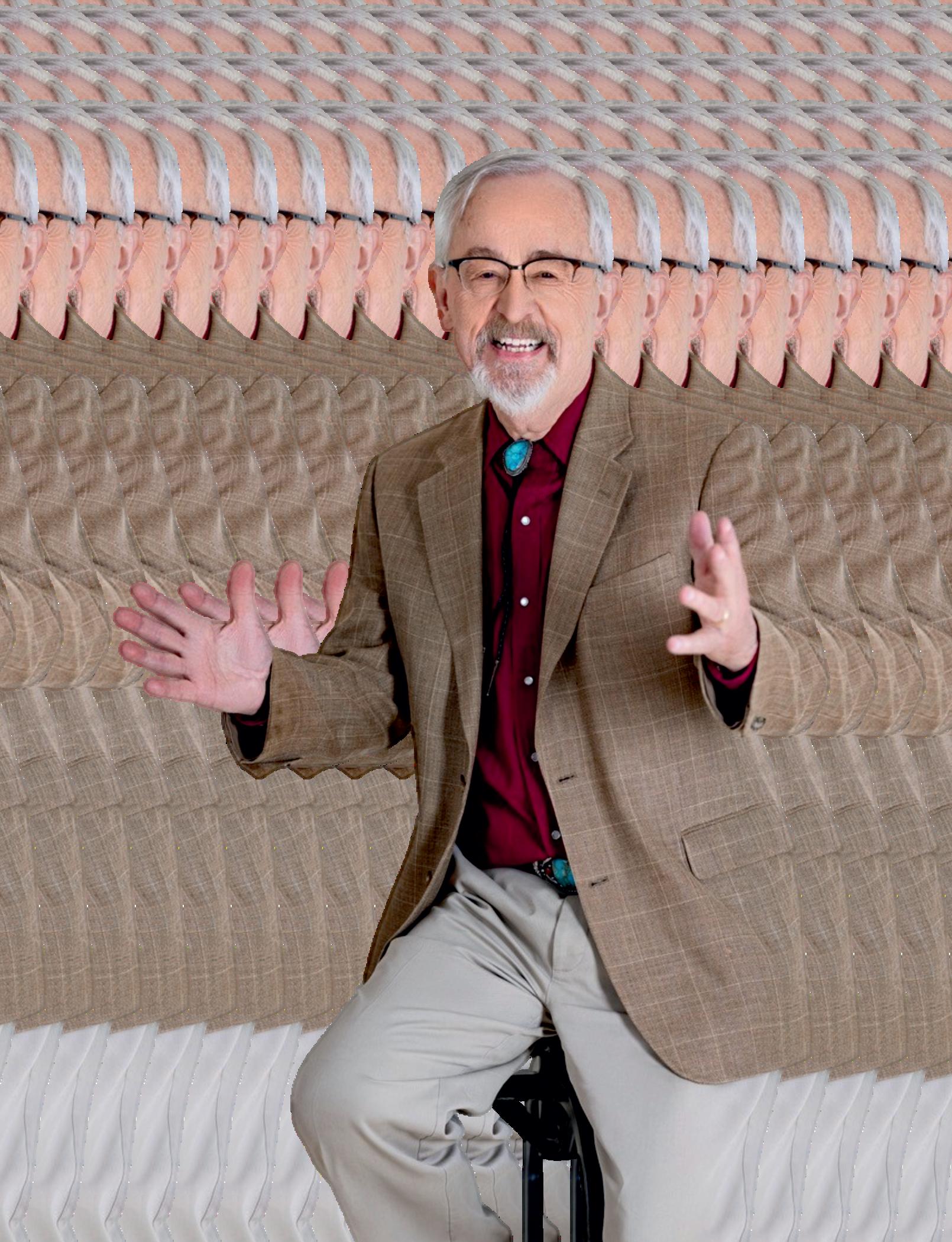

Larson recounts how he received his acceptance letter from MITandthoughtitwasamistake.Convinceditwasaclerical error,hehesitatedtocelebrate.Itwasn’tuntilMITreassured him explaining that many high-achieving students experiencethis“GrouchoMarxSyndrome”—thatherealized hispotentialwasnotonlyrecognizedbutdeeplyvalued.
He went on to earn his Bachelor’s, Master’s, and Ph.D. degreesinelectricalengineeringfromMIT.Itwasherethathe fell in love with systems thinking and operations research—fieldsthatwoulddefinehislegacy Butevenashe roseacademically,Larsonremainedcommittedtokeepinghis workstudent-focusedandrootedinsocietalimpact.
AMultifacetedCareeratMIT
Throughouthiscareer,RichardLarsontaughtinfivedifferent academic departments at MIT, reflecting his deep interdisciplinary mindset He started in Electrical EngineeringandeventuallybecameakeypartoftheInstitute for Data, Systems, and Society (IDSS) This interdepartmental mobility was more than academic versatility—it was a conscious rejection of rigid academic silos.
Larson's teaching style is a blend of structured learning and philosophical inquiry He has always prioritized student engagement over curriculum rigidity Operations Research (OR), in particular, has been his favorite area to teach. He describes OR as “the world’s most important invisible profession,” underpinning everything from airport schedulingtohealthcarelogistics.
To him, teaching is not about rote memorization or grade pressure.It’saboutinstillingthejoyofproblem-solving,the thrillofcuriosity,andtheethicsofsocialcontribution.These values were exemplified when a struggling student once approached him, ready to quit. Larson took the time to
understand the student’s struggles and, through mentorship, helpedhimtransformintoan‘A’gradeperformer.
RichardLarson’sworkextendswellbeyondclassroomwalls. His contributions to operations research have shaped public policy,pandemicresponses,anddisasterplanningstrategies. FrommodelingvaccinedistributionduringtheH1N1crisisto designing smarter urban service systems, his research has beenboththeoreticalandaction-oriented.

“Richard wishes to be remembered not just as an academic but as someone who loved his work—who treated teaching not as a profession, but as a lifelong passion.”
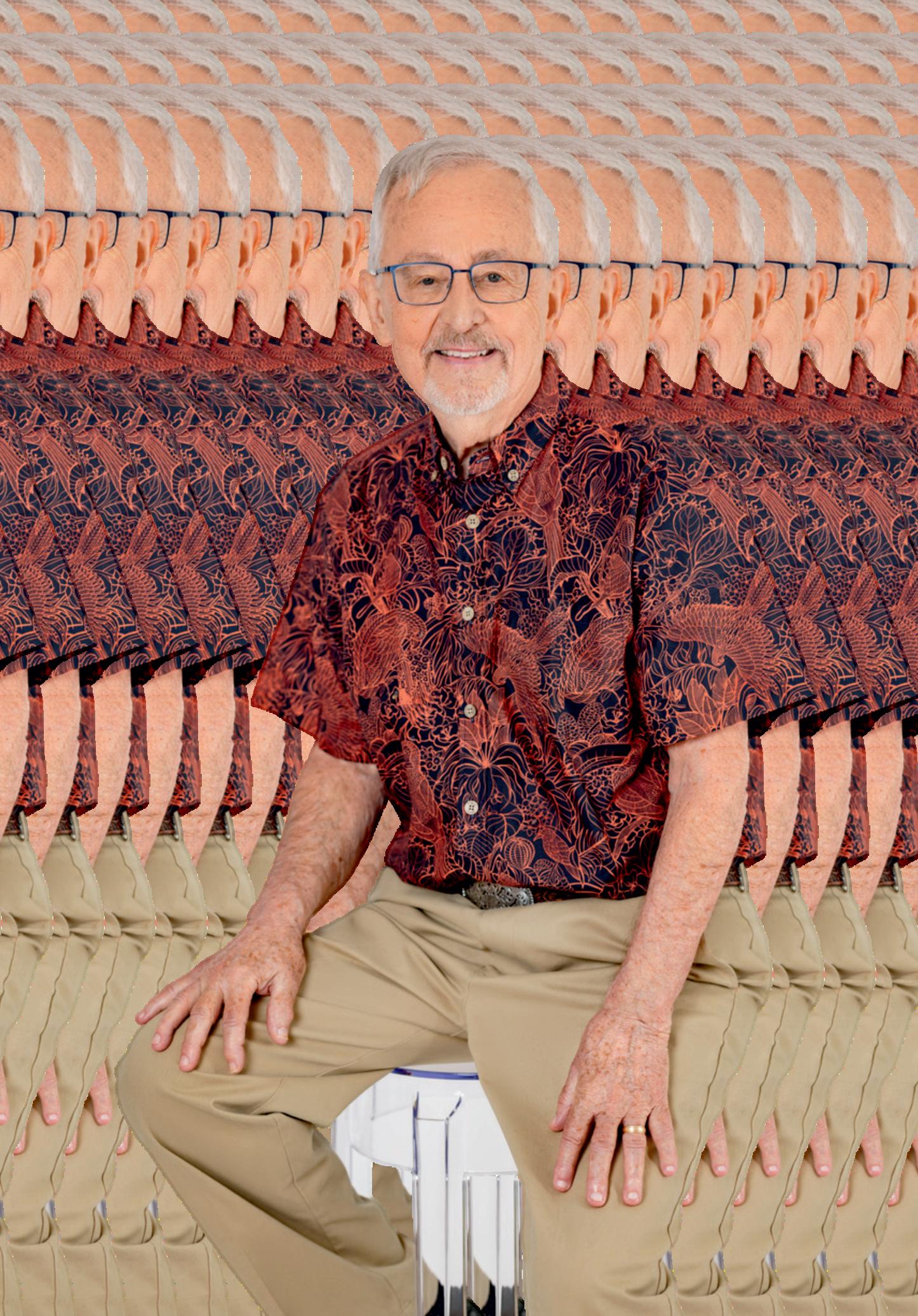


“
“Richard Larson’s work extends well beyond classroom walls. His contributions to operations research have shaped public policy, pandemic responses, and disaster planning strategies.”
HeservedasthePresidentoftheOperationsResearchSociety of America (ORSA) and later the Institute for Operations ResearchandtheManagementSciences(INFORMS).Under hisleadership,theseinstitutionsflourishedintheirmissionto applyanalyticalmethodsforsocietalbenefit.
Additionally, he co-directed MIT’s Operations Research Center for over 15 years, mentoring countless graduate students His role as Principal Investigator for the BLOSSOMS Initiative—a global program that leverages video-basedlessonstoimproveSTEMeducation—highlighted hispassionfordemocratizinglearning.
When asked about visionary leadership, Larson defines it as the ability to cultivate model citizens and lifelong critical thinkers.Avisionaryeducator,heasserts,doesnotencourage blind conformity Instead, they empower students to challenge the norm, ask difficult questions, and pursue knowledgewithfearlessindependence.
He admires those who venture into uncharted territories students and educators alike because such people become the architects of change. His philosophy echoes through every lecture, paper, and initiative he’s spearheaded.Hisvisionforeducationisinclusive,bold,and deeplyhumanitarian.
Despitehistoweringachievements,RichardLarsonremains profoundly humble. His first book, Urban Police Patrol Analysis (MITPress, 1972), won the prestigious Lanchester Award. His co-authored papers—on topics ranging from pandemic modeling to STEM workforce analysis—have garneredtopawardsinpublicationslikeValueinHealth.
In2015,hewashonoredwiththeLawrenceM.KleinAward bytheU.S.DepartmentofLaborandfeaturedintheNewYork
Times Yet, for Larson, accolades are secondary to impact. Whatmattersmoreishowhisworkhasempoweredstudents andinfluencedsystemsforthebetter
Larsonwishestoberememberednotjustasanacademicbut assomeonewho loved hiswork—whotreatedteachingnotas a profession, but as a lifelong passion. He hopes his legacy lives through his students, many of whom now hold leadershiprolesinacademia,industry,andpublicservice.


Heseeshimselfasafacilitatorofgrowth,acontributortothe OR profession, and a mentor who continually added value—notforpersonalgainbutforcollectiveadvancement. His journey is a powerful reminder that the true measure of successisnothowmuchyouachieve,buthowmanylivesyou upliftalongtheway.
FinalReflections:TheTeacherWhoChangedtheSystem
Dr Richard Larson’s story is one of dedication, disruption, and deep compassion. He didn't merely teach operations research—hetransformeditintoatoolforsolvingtheworld’s biggest challenges He didn’t just advise students he inspired them to become better thinkers, better citizens, and betterhumans.
Fromamodestupbringingtoanillustriousacademiccareerat MIT, Richard Larson has lived the values he teaches: resilience, integrity, and curiosity He has changed the way educationisperceived,taught,andpracticed.Hisisalegacy notjustofpublicationsandawards—butofmindsshapedand futureschanged.
As he continues to explore new ideas and mentor the next generation, one thing remains certain—Richard Larson is more than an educator He is an institution unto himself, quietlytransforminglivesonelessonatatime.







From Legacy Systems to Digital Ecosystems
In the era of rapid digitization and fast-paced environment, technology transformation is an underlying force behind contemporary business transformation. It is not just a collection of tools that are employed in carrying out day-to-day operations but a strategic force shaping all facets of how companies do business, compete, and expand The integration of new technologies enables organizations to improve productivity, inform decision-making with data, and adapt to increased customer and stakeholder demands. From freeing human labor from drudgery to harnessing the power of artificial intelligence for forecasting future trends, technology is fundamentallytransformingthebusinessworld.Thechanges not only enhance internal functions, but also transform the manner in which companies deal with markets, react to threats,andgearupforlong-termprosperity
This article demonstrates the far-reaching effect of technologychangeoncontemporarybusiness.
OperationalEfficiencyandInnovation
Operational effectiveness is perhaps the most tangible and extensive result of technology evolution. By using a mix of sophisticatedtoolslikeroboticprocessautomation,artificial intelligence, and cloud computing, organizations are able to mechanize their operations, eliminate redundancy, and decrease human intervention errors. Cloud-based technologiesfacilitateeasycollaborationforremotelylocated teams, and automated processes offer consistency in quality and quicker turnaround time These technologies cut operating cost and increase reliability so that businesses can becomemoreagileandresponsive.

Technologyisnotonlyeffectivebutalsoaninnovationdriver. Businesses can now harvest and analyze enormous amounts ofdatainordertospurproductdevelopment,optimizesupply chains,andpredictmarkettrends.Researchanddevelopment activitieshavebeenrevolutionizedbysimulationsanddigital modelingtoolsthatallowforquickerprototypingandtesting ofnewideas.BlockchainandtheInternetofThingsarealso facilitating new business models and new sources of revenues. These technologies not only allow companies to solve current problems but also generate new markets and valuepropositions.
Thecustomeroftodaydemandsdifferentiated,ongoing,and responsive service at every touch point. Digital transformation enables organizations to do this by adopting customer relationship management (CRM) technologies,AI chatbots,andsophisticateddataanalyticstomanagecustomer interactions.Thesetechnologiesenableorganizationstohave a coherent omnichannel experience, whether the customer interacts through social media, mobile applications, or physicalretailers.AIapplicationsareabletoreadoutbrowser activity, purchasing history, and tastes to provide tailored recommendations, thus enhancing customer satisfaction and loyalty.
Further, technology advances stronger brand-customer relationships.Socialmediaandwebsitesallowcompaniesto gain instant access to opinions and complaints from customers.The feedback loop makes firms more responsive and proactive towards their products and messages. Consumerstodayexpecttransparency, and technology allows them to be able promises. With these capabilities, companies trust,buildloyalty,anddesignexperiences deeplywiththeirtargetbuyers.
With the fast-changing world eco adaptability has been a source of driving companies Technology gives responsiveness they require to respond shiftsinmarkettrends,regulatorylandscapes, preferences.Digitalplatformsandanalytics time insights with which to make knowledge-driven decisions. Organizations with new strategies, streamline ope solutionsrapidlywithoutconstraintsfromlegacysystemsor physicalassets.
This strategic agility also becomes a competitive strength. Companies that adopt digital transformation can spot and capitalize on opportunities ahead of their competitors. They arelikelytoinnovateeffectively,gainaccesstothebesttalent, and create value for customers in new and interesting ways. Moreover, having the capacity to analyze competitors, monitor risk, and monitor performance in real time sets digitallymaturecompaniesapart.Digitaltransformationhas emerged as a survival imperative for businesses across the majority of industries and commonly leaves them having to fund innovation against nimbler and technology-enabled rivals.
Technology change is revolutionizing the basis of business today.Itpromotesincreasedefficiency,sparkscreativity,and allows companies to engage more effectively with their customers.Aboveall,itenablesorganizationstobeagileand responsive to the era of explosive change and digital disruption Those firms that sensibly invest in digital technology and incorporate it into their own businesses are not only best placed to conquer uncertainty but also stand a better chance of dominating their industries. Yet, adopting technologyisnotjustaquestionofinstallingnewsystems.It’s alsoachangeincultureforanorganization.Leadershipmust foster a culture of ongoing learning, flexibility, and acceptance of change. Employees must be trained with the skills and tools required to work in maximally enabled environments by digital capabilities. Planning must link technological initiatives to long-term business objectives so thateachdigitalinvestmentreturnsmeasurabledividends.


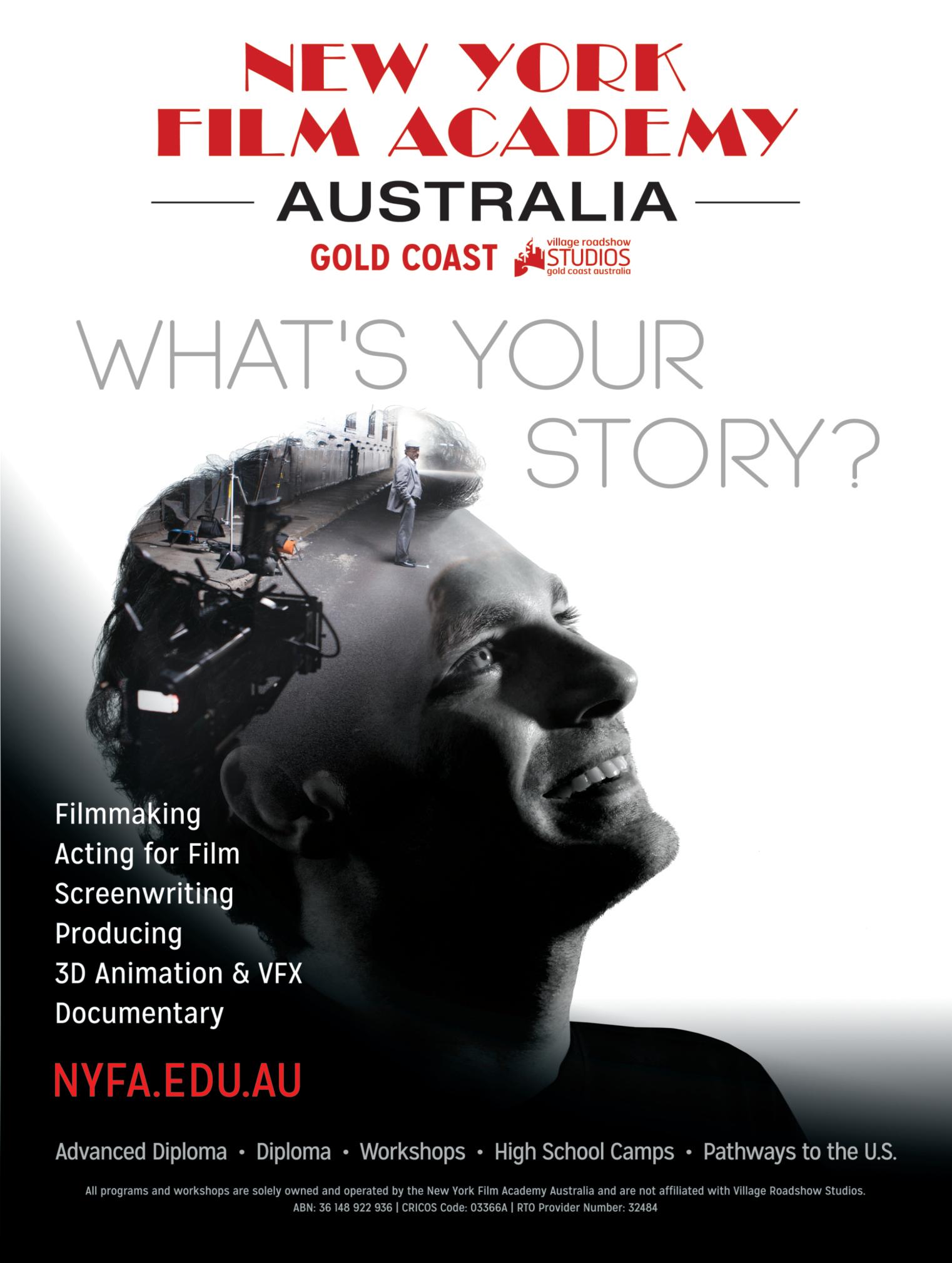

Reshaping Pedagogy
ANewEraofPossibility
Artificial Intelligence (AI) is revolutionizing almost every part of contemporary life, and learning is not different.Asschoolschangeintoday'sdigitalworld, AI is proving to be a strong tool for improving the way students learn and the way Influential Educators instruct. Althoughsomeworrythatmachinesmaytakeawayfromthe human factor, the truth is much more compelling.AI, when used thoughtfully, enables Influential Educators to do what theydobest—inspire,connect,andunlockhumanpotential.
OneofthemostprofoundcontributionsofAIineducationis how it can facilitate personalized learning tracks By monitoringindividualperformanceandlearningpatterns,AIbased systems enable Influential Educators to personalize instruction based on each student's personal requirements. Rather than having a one-size-fits-all approach, Influential Educators can rely on data-driven analytics to detect strengths,overcomeweaknesses,andrefineteachingmethods inrealtime.
This degree of personalization keeps learners focused and engaged.PowerfulEducators,inturn,arefreetoconcentrate more on designing enriching, human experiences that technologybyitselfcannotsupport.

No matter how advancedAI may become, it cannot replace thecompassion,wisdom,andencouragementthatInfluential Educators contribute to the classroom on a daily basis. A compassionateteacherwhowilllisten,hear,andleadstudents throughdifficultiescannotbesubstitutedwithalgorithms.Itis these intimate connections that build confidence, character, andcuriosity—thebuildingblocksoflife-longlearning.
InfluentialEducatorsarerolemodelsandmentorswhoguide studentsthroughnotonlyacademicsbuttheintricaciesoflife. AI can process tasks more efficiently, but it is the human elementthatrenderslearninglife-changing.
StudentstodaywillbecomeworkersinaworldinwhichAIis thenorm.TheInfluentialEducatorsarekeytopreparingthem to succeed in this new world. In addition to learning how to use AI applications, they develop critical thinking, ethical sensitivity, and flexibility More and more Influential EducatorsareincorporatingdigitalliteracyandAIissuesinto instruction to give students an understanding of the possibilitiesaswellasthedangers.
By learning through projects and actual-world problemsolving, Influential Educators enable learners become innovators who harness AI manner,asopposedtobeingmere
Whereas AI holds potential, it regarding data privacy, bias in technology Powerful Educators calling for just policies and promotestudents'criticalthinking of AI and encourage honest discussion implications.
Professional development i institutions need to spend on Educatorsareempoweredand optimally By establishingAI surethattechnologyisserving
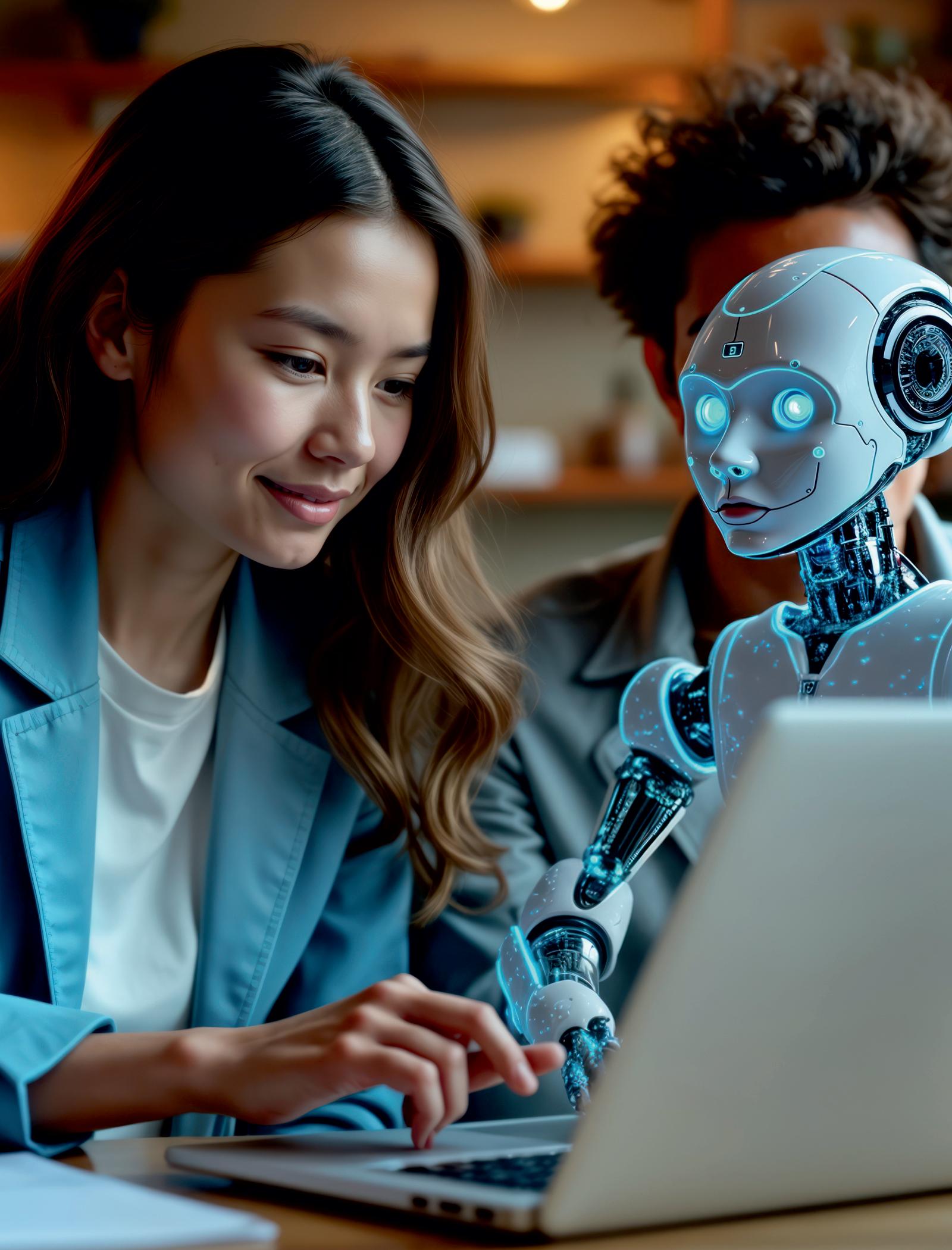
WhenAI and Influential Educators collaborate, the future is limitless.AItakescareoftaskssuchasgrading,scheduling,or performance trend analysis, giving valuable time back Influential Educators can then concentrate on developing creativity, empathy, and a sense of community within their classrooms. The AI and Influential Educators are working together to establish innovative yet highly human learning environments.
The Enduring Impact of Influential Educators
Venturing into the effects of AI on teaching and learning bringstomindadeeptruth:technologyisaninstrument,nota replacement for human touch. Education's future will be influencedbymorethanmachinesbutbyImpactfulTeachers whoareagentsofchangeyetremainfaithfultotheirvocation.
As artificial intelligence improves, so will the position of Influential Educators.They will continue to be the center of learning,leveragingtechnologytomultiplytheirimpactand reach.Astheydothis,InfluentialEducatorswillcontinueto motivate generations — ensuring that althoughAI can alter how we learn and teach, it will never substitute for the individualsmakinglearningreal.




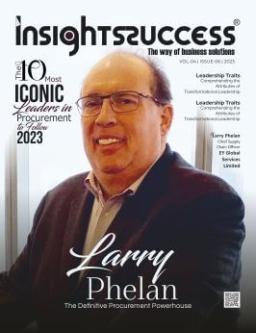



www.insightssuccessmagazine.com

